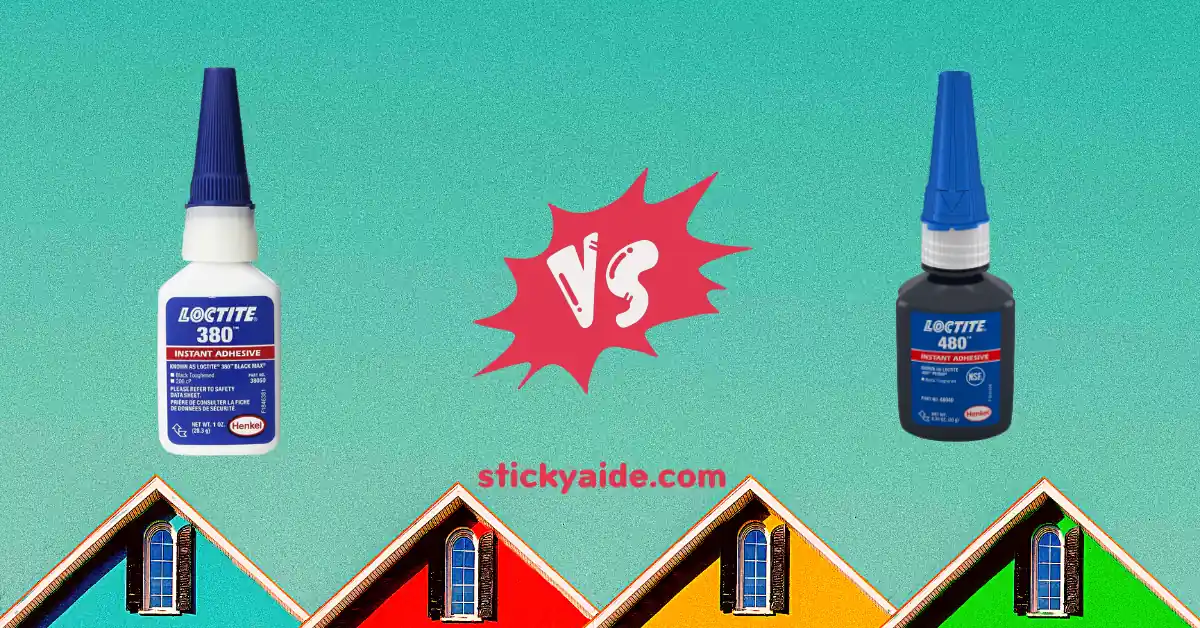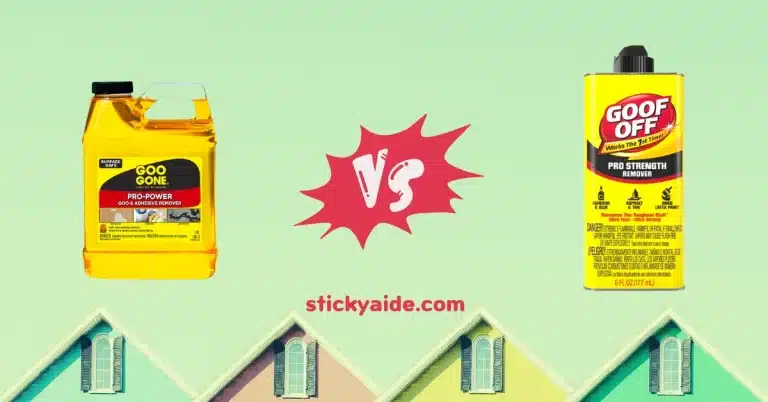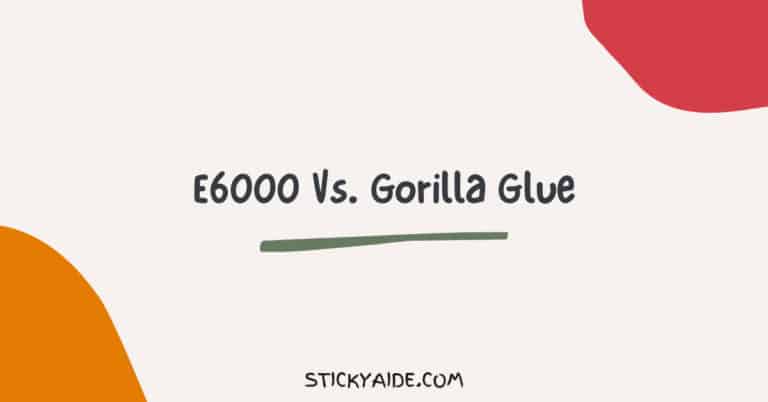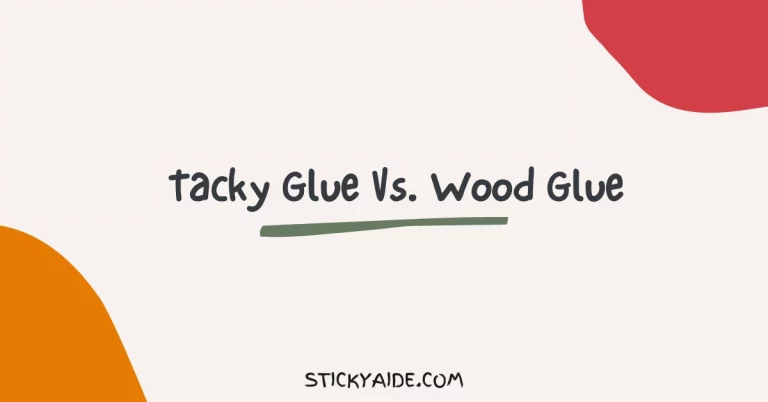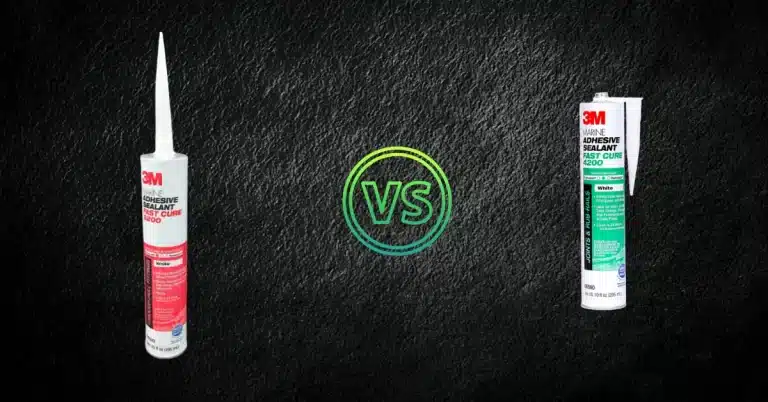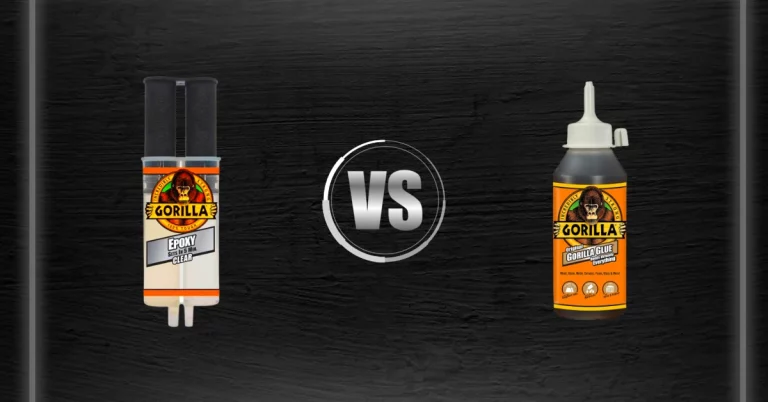Loctite is a well-known and widely popular adhesive brand that makes various adhesives suitable for multiple purposes. Loctite 380 and 480 are instant adhesives made by Loctite-Henkel. Instant adhesives are versatile adhesives that work well with various materials and have a comparatively faster cure time than many other adhesives.
So, in the battle between Loctite 380 vs. 480, which one should you side with and why? I’ll review Loctite 380 and 480 features and specifications and discuss their differences in this article.
Read More: Loctite 222 vs. 243
Loctite 380 vs. 480
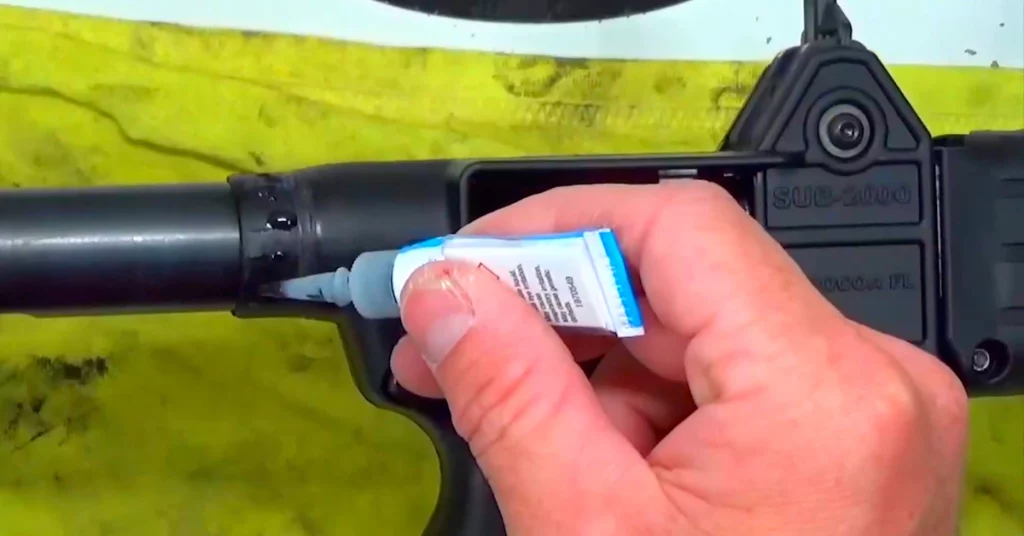
Overview of Loctite 380
Loctite 380 is an instant adhesive made by Loctite-Henkel, which comes in black. The 380 is a Cyanoacrylate based adhesive, with the exact formulation having Ethyl Cyanoacrylate.
Loctite 380 is a versatile adhesive, and you can use it to bond Rubber, Plastic, or Metal. You can use the 380 for close fitting gaps to fill gaps. Loctite 380 is a liquid instant adhesive, so the application procedure is straightforward.
Furthermore, the 380 has a one-part formula that requires no further mixing and cures at room temperature. Cyanoacrylate adhesives form a bond when it comes in contact with water. However, you don’t need to apply or spray any extra water while working with the 380; the water molecules in the air will be enough to start the curing process.
Loctite 380 is known for its excellent peel, impact, and shear strength. Once Loctite 380 is fully cured, it will tolerate external forces’ influence. Furthermore, Loctite-Henkel also markets the 380 as rubber-toughened, meaning it has excellent bonding capabilities.
You can get Loctite 380 in various sizes of bottles and tubes. Loctite 380 is available in bottles of 1 oz and 1 liter and a tube of 3 ml.
Read More: Loctite Blue vs. Red
Overview of Loctite 480
Loctite 480 is an instant adhesive that comes in black and is made by Loctite-Henkel. Like the 380, Loctite 480 is also based on Cyanoacrylate, with the exact formulation comprising Ethyl Cyanoacrylate.
Loctite 480 is a robust and versatile adhesive and works well with Metals, Rubber, and Plastic. Furthermore, you can use the 480 to bond metal to metal or rubber to magnet and more, which is uncommon in many other Cyanoacrylate adhesives.
Loctite 480 is typically designed for hard-to-bond materials, requiring high tensile and shear strength. Furthermore, Loctite 480 is also rubber-reinforced and provides superior bonding strength compared to many other alternatives.
Once the 480 is completely cured, it offers enhanced shock and impact resistance and increased flexibility. Like the 380 and other cyanoacrylate adhesives, the 480 forms a bond with contact with water and has superior resistance in a humid environment.
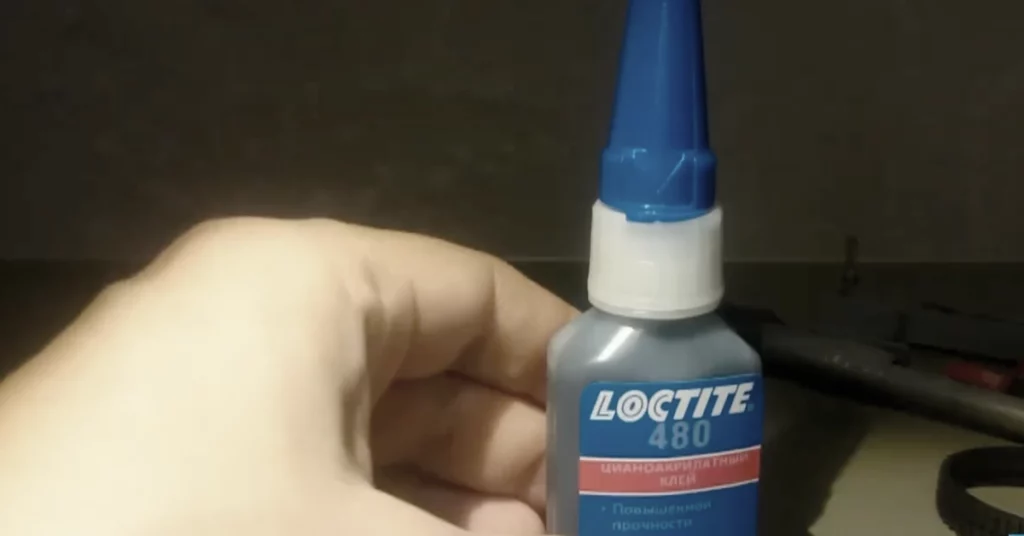
Differences Between Loctite 380 And 480
Let’s examine how Loctite 380 and 480 differ from each other now.
Ideal Application
You can use Loctite 380 as an instant-setting adhesive for Metal, Plastic, or Rubber.
On the other hand, you can also use the 480 as an instant setting adhesive for Metal, Plastic, or Rubber. Furthermore, you can also use Loctite 480 to bond materials that are typically hard to bond.
Fixture and Cure Time
Loctite 380 has a fixture time of 90 seconds, with a complete cure taking up to 24 hours.
Loctite 480 also has similar fixture and cure times. The 480 has a fixture time of 90 seconds, and a complete cure takes up to 24 hours.
Shear and Tensile Strength
Loctite 380 has a shear strength of 3750 psi and tensile strength of 2700 psi.
On the other hand, Loctite 480 has a higher shear strength ranging from 3200 to 4400 psi and a higher tensile strength ranging from 1700 to 3600 psi.
Read More: Loctite 248 vs. 242
Last Opinion
Loctite 380 and 480 are instant-setting, cyanoacrylate-based adhesives which work well in various cases and scenarios. So, in the debate of Loctite 380 vs. 480, which one should you side with?
Loctite 380 is excellent to use with various materials. However, Loctite 480 also works well with similar materials with some further added uses. You can use the 480 to bond between hard-to-bond materials like metal to metal or rubber to a magnet.

